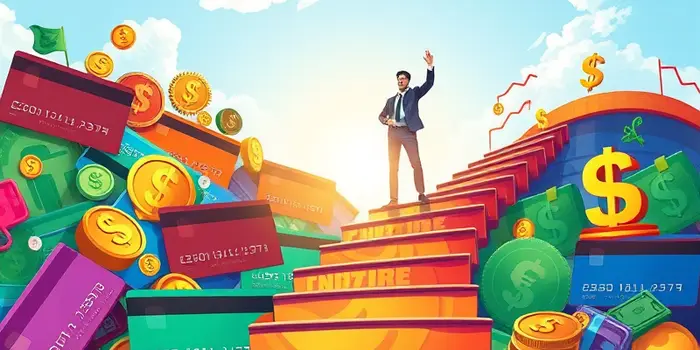
Your credit score is more than a number—it’s a gateway to better financial opportunities, lower costs, and lasting stability. In this article, you’ll uncover why this simple figure carries immense weight and how to harness its power through practical, proven steps.
A credit score is a three-digit number ranging from 300 to 850 that reflects your creditworthiness. Lenders, landlords, insurers, and even employers consult this metric to gauge how reliably you manage debt.
These factors combine in algorithms maintained by major credit bureaus—Equifax, Experian, and TransUnion—to produce your overall score.
A strong credit score translates into tangible benefits across many areas of life, lowering costs and opening doors you might not realize exist.
Access to loans and credit cards: Higher scores make qualifying easier and approvals faster. Lenders view you as a safer bet, reducing the need for co-signers or large down payments.
Interest rates and cost of borrowing: Even a small rate reduction can add up. For example, consider a $200,000 30-year mortgage:
That’s a difference of $184 more per month or over $66,000 across the loan’s life.
Qualifying for housing: Landlords often check credit scores. Poor ratings can lead to higher deposits, restrictive lease clauses, or outright denial of rentals.
Insurance premiums and utilities: Auto and home insurers use credit-based insurance scores to set rates. A higher score may lower your bills, and utilities or cell providers may waive security deposits.
Employment opportunities: Employers in finance or security-sensitive sectors sometimes review credit as an indicator of responsibility. A healthy score positions you as a reliable candidate.
Building a robust credit profile takes consistency, discipline, and a strategic approach. Follow these foundational steps:
Adopt budgeting and debt-management strategies such as the snowball or avalanche methods to accelerate repayment and maintain control.
Misconceptions about credit can lead to harmful habits. Separate fact from fiction:
Set up regular reminders for credit checkups, bill due dates, and budget reviews to stay proactive. Cultivating healthy credit habits over time builds cumulative strength—small wins compound into substantial improvements.
If debt feels overwhelming, consult a credit counselor or consider consolidation options. Seeking guidance early prevents spirals and helps you maintain progress.
Understanding credit mechanics empowers you to leverage your score for maximum benefit. When you grasp how payment history, utilization, and account age intertwine, you can make informed choices that drive growth.
Financial literacy isn’t just for experts. Learning to budget, manage debt, and scrutinize your credit report equips you to avoid costly mistakes and build a brighter future. Consistency, patience, and ongoing education are your allies in this journey.
By embracing these insights and strategies, you’ll transform your credit score from a passive metric into an active tool—one that opens doors, reduces costs, and secures opportunities you deserve. Start today, stay the course, and watch your credit power unfold.
References













